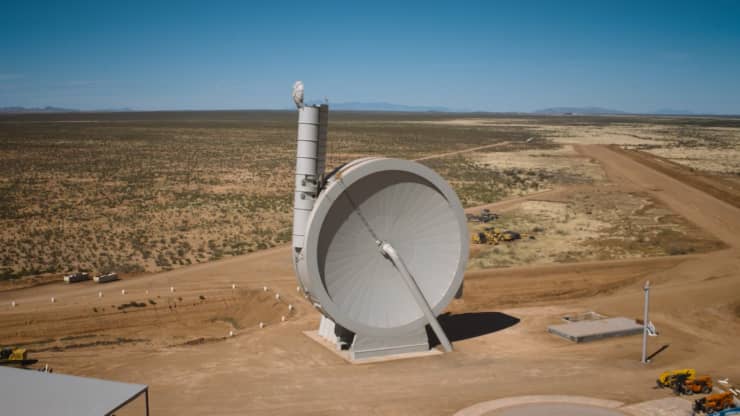TL;DR: Too much Twitter
I have been trying to wean myself off of doomscrolling Twitter, but it's hard, especially when I have such interesting people in my feed. But I did manage to read some books.
- The Salvation Sequence by Peter F. Hamilton: I finally finished the trilogy (Salvation, Salvation Lost, The Saints of Salvation). It took me quite a while as these are long books – much too long, actually. Hamilton follows the same mode of storytelling that he has in the last couple of series he's written, describing a spacefaring human civilization interspersed with a separate storyline in another very different setting. I almost gave up on the series partway through the second book and ended up skimming a lot through the last. I'm not sure I'll read anything more by him unless he comes up with something very different and shorter.
- The Ministry for the Future by Kim Stanley Robinson. Here's what I said earlier in the year: "It's a brilliant and important book in many ways, but not a great novel. Parts of the story are chilling and compelling, but other parts are more like a treatise on non-capitalist economic policy - an important subject, but not one that makes for easy reading. I found myself skimming a lot. I did find the last third of the novel quite engaging and liked that he ended on an optimistic note, an optimism that I do not share."
- The Merchant Princes series by Charles Stross: I reread this series in the new omnibus editions (The Bloodline Feud, The Traders' War, The Revolution Trade) in preparation for reading the Empire Games sequel trilogy and thoroughly enjoyed it. Reading it straight through made it much easier to follow the many plot threads and appreciate Stross' world-building skills, which are considerable. The series starts out as a fairly straightforward portal fantasy and morphs into a rich, complex alternate worlds thriller. Highly recommended.
- Enpire Games and Dark State by Charles Stross. These are the first two books in the sequel series to The Merchant Princes. I'm halfway through Dark State as I write this and enjoying it very much. It's set about 17 years after the previous series and so far is a tense spy thriller with musings on the future of the panopticon surveillance state.
- Bringing Columbia Home: The Untold Story of a Lost Space Shuttle and Her Crew by Michael D. Leinbach and Jonathan H. Ward: This is the story of the effort to recover the remains of the Columbia Space Shuttle and her crew from the swamps and forests of Texas and Louisiana. It's a fascinating story and one that deserves to be better known.
- The Sandman: Season of Mists and A Game of You by Neil Gaiman: These are the fourth and fifth books in Neil Gaiman's epic series. I enjoyed them and will get back to the series next year.
- Dune: The Graphic Novel, Volume 1 by Brian Herbert and Kevin J. Anderson: This is the first of what will probably be three graphic novel adaptations of Frank Herbert's classic novel. I liked this a lot and am looking forward to the rest of them. Herbert and Anderson added some material that wasn't in the original novel (I assume it came from Frank Herbert's notes) that helped to deepen the characterization.
- House Atriedes, Vol. 1-6 by Brian Herbert and Kevin J. Anderson: This is a graphic novel adaptation of the authors' Dune prequel series. I like the artwork in this one more than the Dune graphic novel, which I found somewhat bland.





















